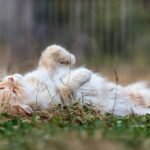Cats have long been regarded as mysterious creatures, often leaving us puzzled by their sudden changes in behavior. Have you ever noticed your feline friend becoming exceptionally clingy out of the blue? It’s as if they have an internal switch that flips, turning them from independent explorers to affectionate companions. But why does this happen? The answer may surprise you, as it involves a mix of emotions, instincts, and environmental factors. Let’s delve into the fascinating world of cat behavior and uncover why your cat might be seeking extra attention on certain days.
The Influence of Weather Changes
Weather can play a significant role in your cat’s behavior. Just like humans, cats can be sensitive to changes in the weather. On cold or rainy days, your cat might seek warmth and comfort, leading them to become more affectionate. The gloomy atmosphere outside can make indoor spaces feel cozier, prompting your feline to snuggle up to you more than usual. This behavior is not just about seeking warmth; it’s also about seeking emotional comfort during times when the world outside seems less inviting.
Stress and Anxiety Triggers
Changes in your household or routine can cause stress and anxiety in cats. This might include moving to a new home, introducing a new pet, or even changes in your work schedule. When cats feel stressed, they often turn to their humans for reassurance and comfort. This increased clinginess is their way of seeking stability and security in an environment that suddenly feels unpredictable. Understanding these triggers can help you provide the support your cat needs during these times.
Health Concerns and Discomfort
Sometimes, clingy behavior in cats can be a sign of underlying health issues. If your cat is suddenly more affectionate, it might be their way of communicating discomfort or pain. Cats are known for hiding their illnesses, so any sudden change in behavior should be taken seriously. Regular veterinary check-ups are essential to rule out any medical concerns. If you notice any other symptoms, such as changes in appetite or energy levels, it’s crucial to consult with a vet.
Hormonal Changes and Mating Season
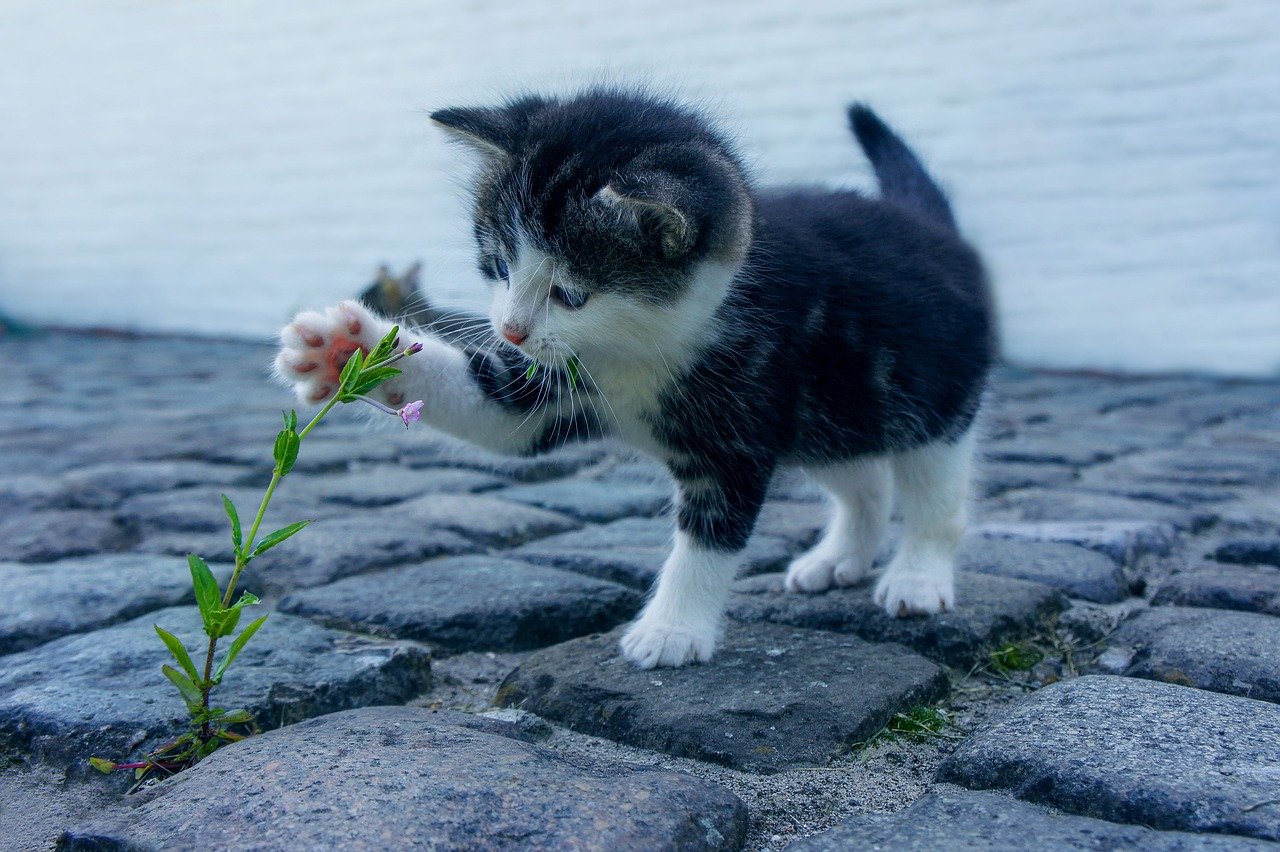
Cats can become more clingy during certain times of the year due to hormonal changes, especially if they are not spayed or neutered. During mating season, cats may exhibit increased affection as part of their natural mating behavior. This can be particularly noticeable in female cats who are in heat. Their behavior might include more vocalizations and an increased desire for attention. Understanding these natural cycles can help you manage your cat’s behavior more effectively.
Seeking Comfort from Illness or Injury
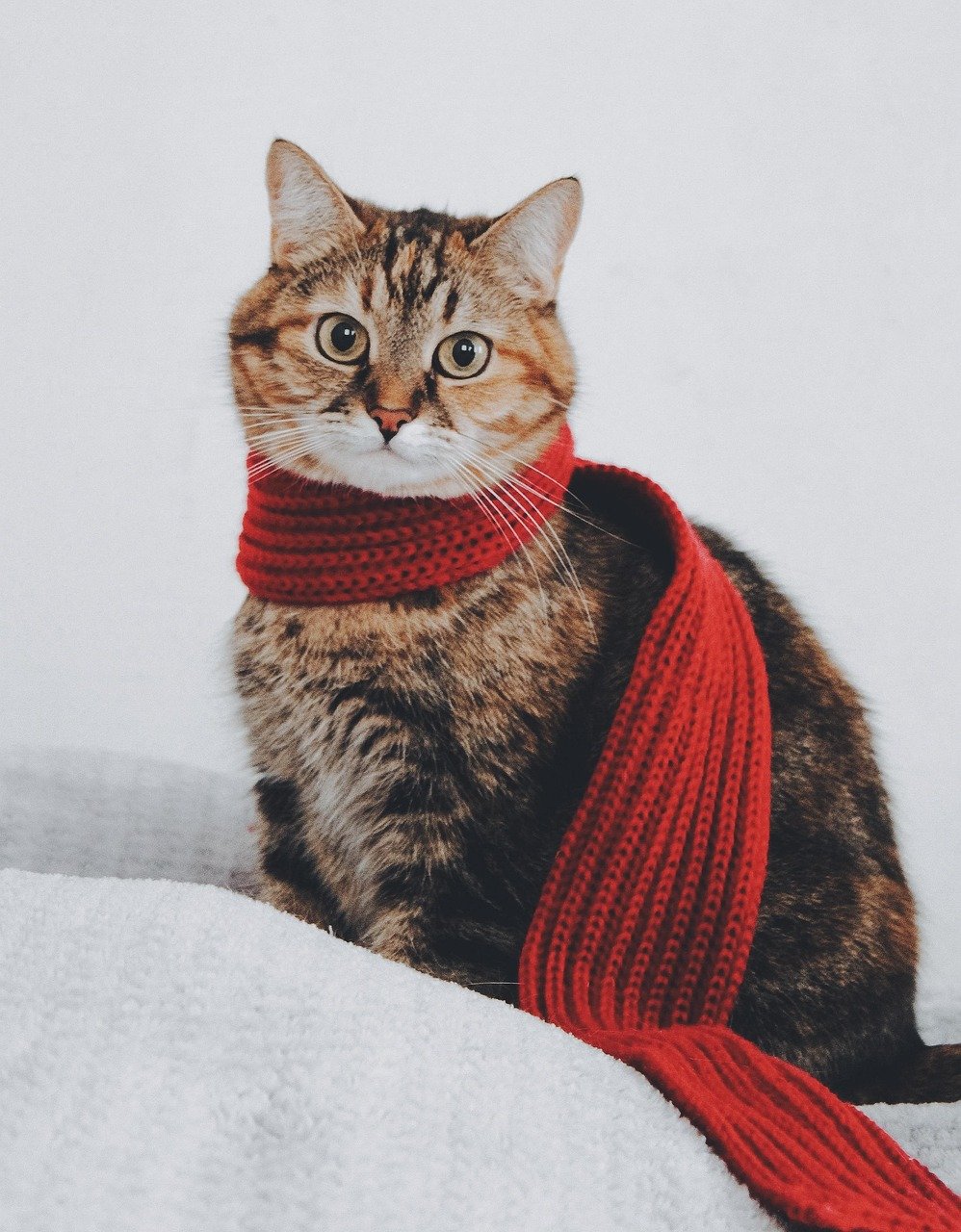
In some cases, your cat’s clinginess might be a response to feeling unwell or injured. Cats often seek comfort and warmth when they are not feeling their best. If your cat is recovering from an illness or injury, they might become more dependent on you for care and reassurance. This behavior is their way of seeking the comfort and security they need during their recovery. It’s important to be attentive to any signs of discomfort and provide the necessary care.
Bonding and Social Needs
Cats are social creatures, and they form strong bonds with their human companions. On days when your cat seems more clingy, it might simply be a desire for social interaction and bonding. They may want to be close to you, seeking your attention and affection. This behavior is a testament to the strong bond you share with your feline friend. Spending quality time with your cat can strengthen your relationship and provide them with the emotional support they need.
Environmental Changes and New Surroundings
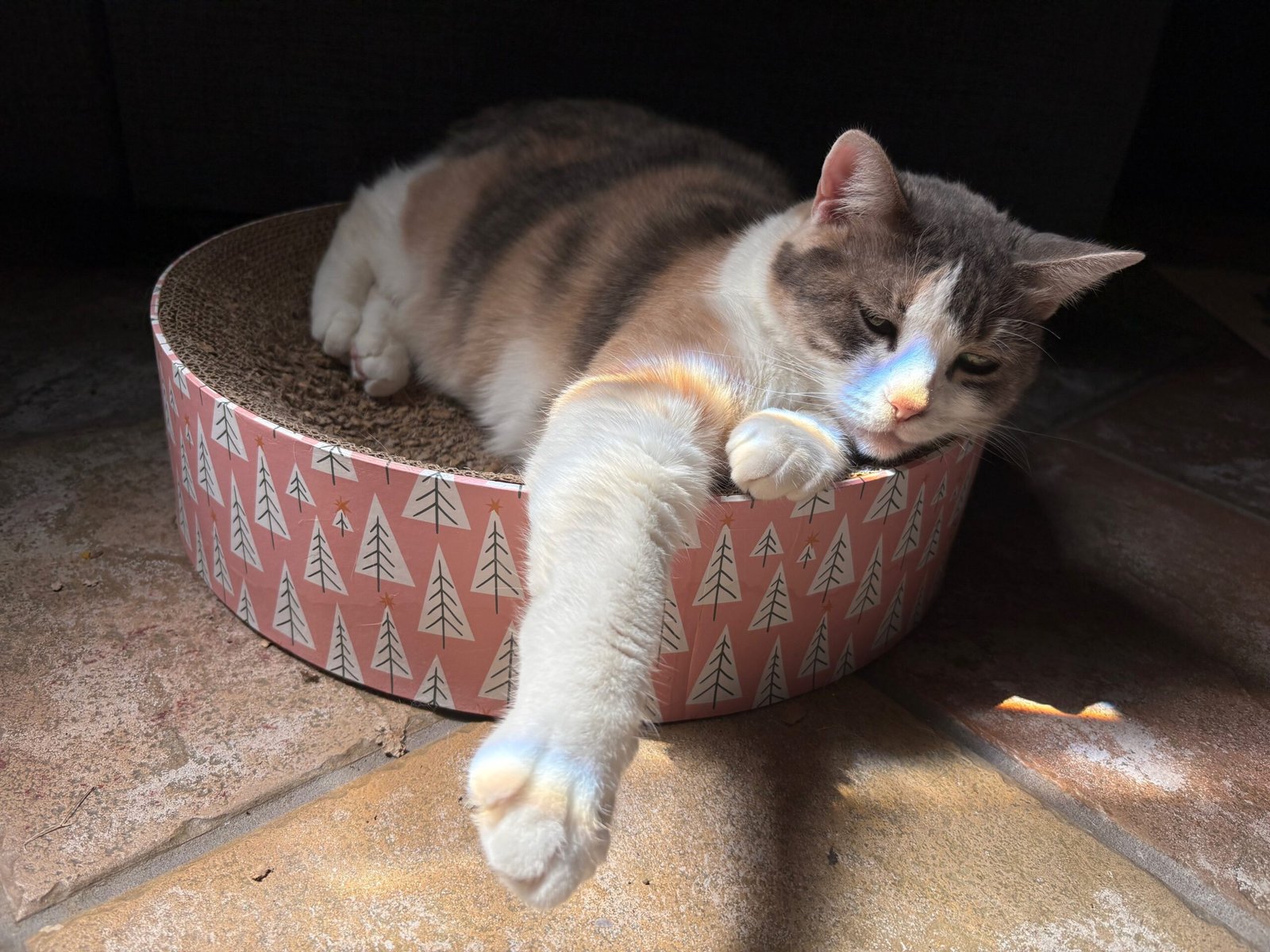
Cats are creatures of habit, and any changes in their environment can lead to increased clinginess. This might include moving to a new house, rearranging furniture, or introducing new elements into their living space. These changes can be unsettling for cats, leading them to seek comfort and reassurance from their human companions. Providing a stable and familiar environment can help ease their anxiety and reduce clingy behavior.
Separation Anxiety and Attachment
Separation anxiety is not just a concern for dogs; cats can experience it too. If your cat becomes clingy when you return home, it might be a sign of separation anxiety. Cats can form strong attachments to their humans and may become distressed when left alone for extended periods. This behavior is their way of expressing their need for companionship and reassurance. Providing interactive toys and creating a comfortable environment can help alleviate separation anxiety.
Changes in Routine and Daily Schedule
Cats thrive on routine, and any disruptions to their daily schedule can lead to clingy behavior. Changes in your work hours, travel plans, or even meal times can affect your cat’s sense of stability. When their routine is disrupted, they may seek comfort and reassurance from you as a way to cope with the uncertainty. Maintaining a consistent routine can help reduce anxiety and provide your cat with a sense of security.
Natural Instincts and Protective Behavior
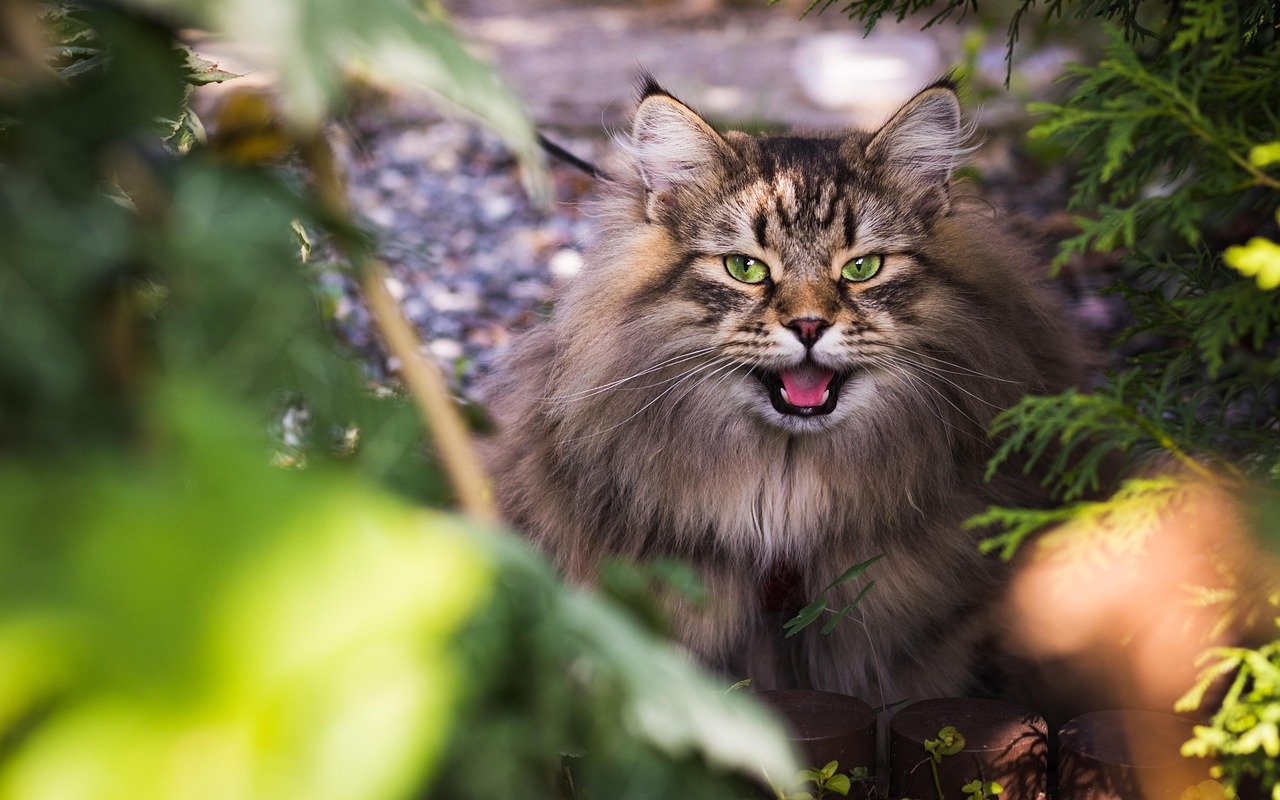
Cats have strong instincts, and their behavior is often guided by these natural tendencies. On certain days, your cat’s clinginess might be a reflection of their protective instincts. They may perceive potential threats in their environment and seek your presence as a source of safety. This behavior is rooted in their evolutionary history, where staying close to a trusted companion provided protection from predators. Understanding these instincts can help you provide the support your cat needs.
Attention-Seeking Behavior
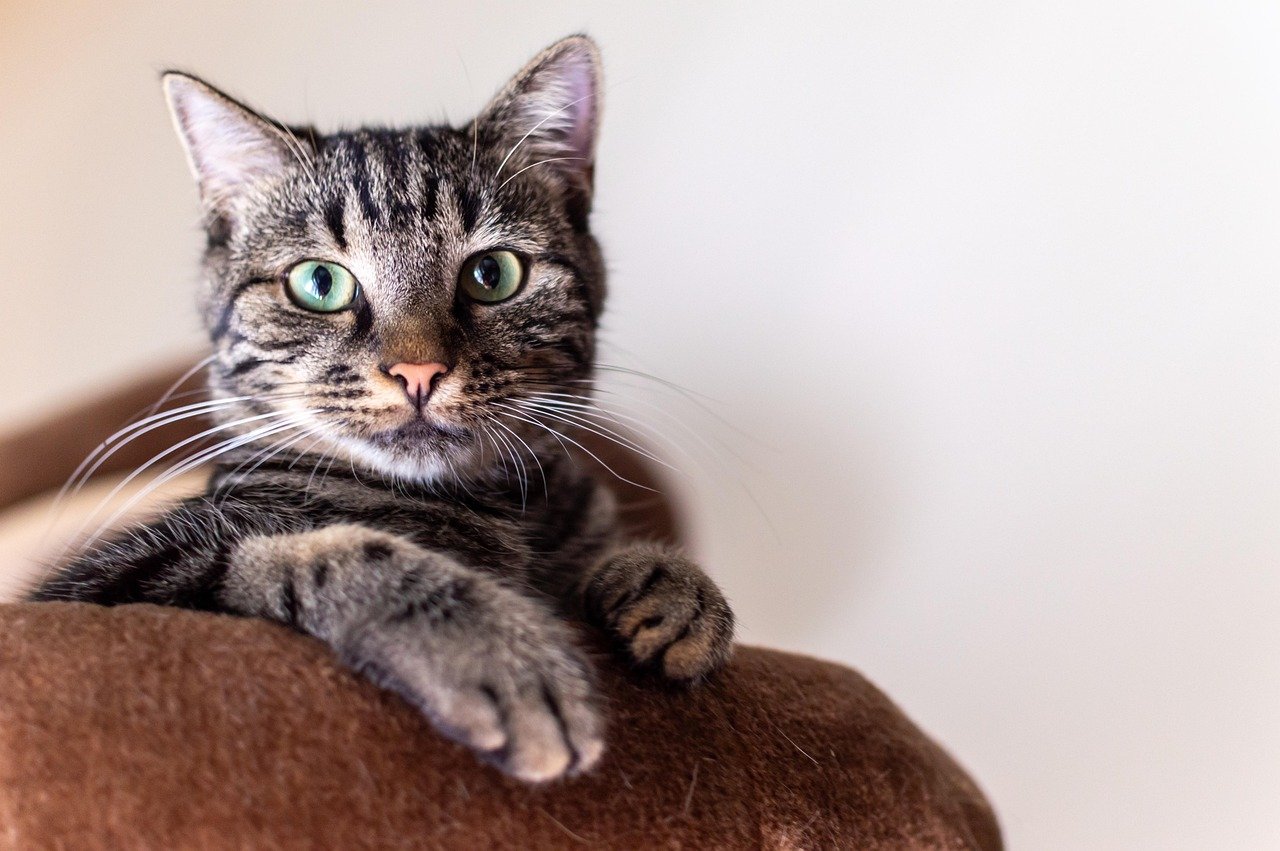
Sometimes, your cat’s clinginess might simply be a way of seeking your attention. Cats are intelligent creatures, and they quickly learn what behaviors elicit a response from their humans. If your cat knows that being clingy results in extra petting or treats, they might exhibit this behavior more frequently. It’s important to strike a balance between rewarding positive behavior and ensuring your cat receives the attention they need.
Emotional Bond and Affection
Your cat’s increased clinginess could be a sign of their deep emotional bond with you. Cats are known for being independent, but they are also capable of forming strong attachments to their human companions. When your cat seeks your presence and affection, it’s a testament to the love and trust they have in your relationship. Embracing these moments of closeness can strengthen your bond and provide both you and your cat with a sense of fulfillment.
Instinctual Need for Safety
Cats have a strong instinctual need for safety and security. On days when your cat seems more clingy, it might be a reflection of their need for protection. They may sense changes in their environment or perceive potential threats, leading them to seek the comfort of your presence. Providing a safe and secure environment can help alleviate their anxiety and reduce clingy behavior.
Curiosity and Exploration
Cats are naturally curious creatures, and their desire to explore can sometimes lead to clingy behavior. On days when your cat seems more affectionate, it might be a result of their curiosity about your activities. They may follow you around, wanting to be involved in whatever you’re doing. This behavior is a reflection of their inquisitive nature and their desire to be part of your world.
Seasonal Changes and Daylight Hours

Seasonal changes and variations in daylight hours can impact your cat’s behavior. During the winter months, when daylight is limited, your cat may become more clingy as they seek warmth and comfort indoors. Conversely, during the summer, longer daylight hours may lead to increased energy and playfulness. Understanding these seasonal patterns can help you anticipate and address your cat’s changing needs.
Age-Related Changes and Senior Cats
As cats age, their behavior and needs may change. Senior cats often become more affectionate and clingy as they seek comfort and companionship in their later years. This behavior is a natural part of the aging process, as older cats may experience changes in their senses and mobility. Providing a comfortable and supportive environment can help senior cats feel secure and loved.
Illness Detection and Intuition
Cats have an incredible ability to sense changes in their environment and the people around them. If your cat becomes more clingy, it might be their way of detecting illness or stress in you. Cats are known for their intuitive nature, and they often provide comfort to their humans during times of need. This behavior is a testament to the strong bond and connection you share with your feline companion.
Family Dynamics and Social Structure
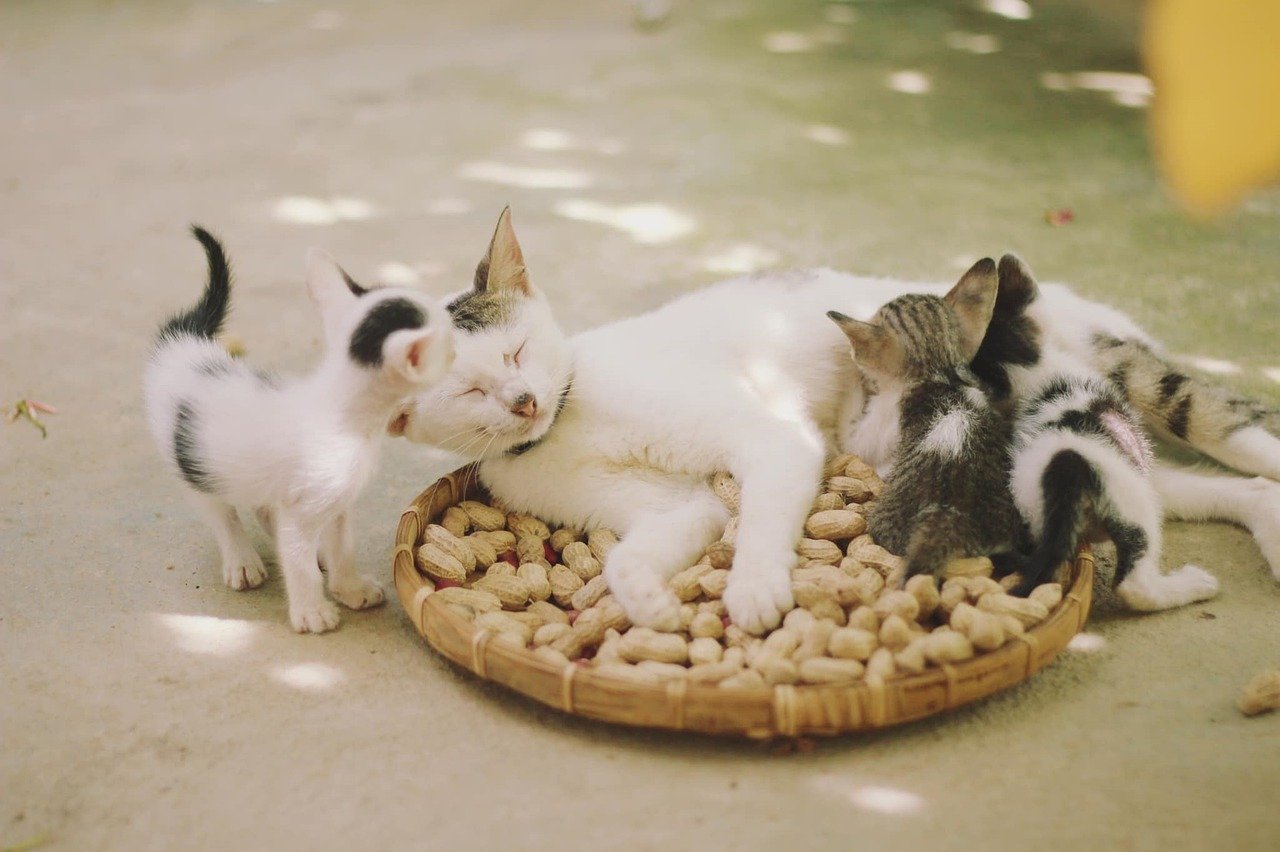
Cats are attuned to the dynamics of their household and social structure. Changes in family dynamics, such as the arrival of a new baby or a change in household members, can lead to increased clinginess. Cats may seek comfort and reassurance from their primary caregiver during these transitions. Understanding your cat’s social needs and providing stability can help them adjust to changes in their environment.
Instinctual Need for Warmth
Cats have a natural instinct to seek warmth and comfort. On days when your cat seems more clingy, it might be their way of seeking physical warmth and emotional security. This behavior is rooted in their survival instincts, as warmth is essential for their well-being. Providing cozy spaces and plenty of affection can help fulfill your cat’s need for warmth and companionship.
Conclusion: Embracing Your Cat’s Affectionate Moments
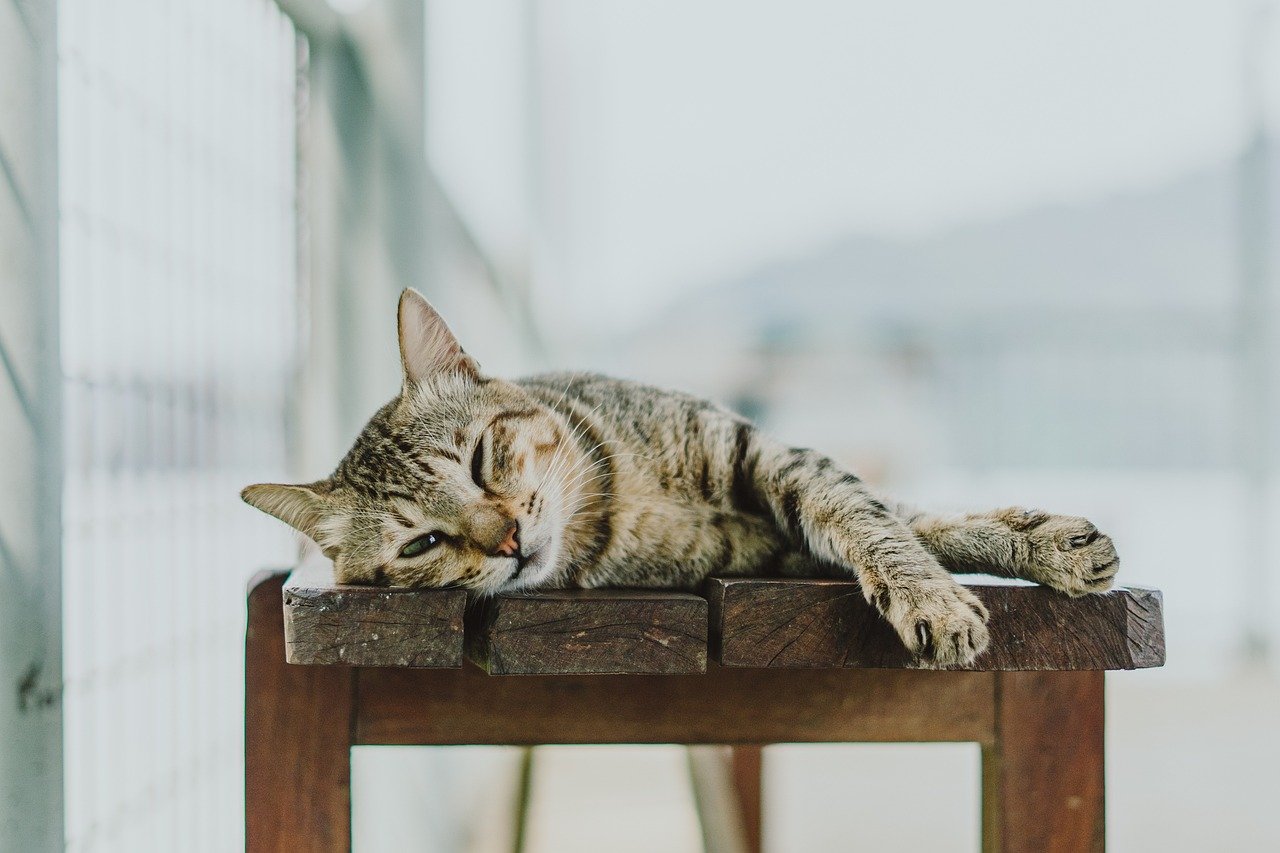
Understanding why your cat becomes more clingy on certain days requires a deeper look into their emotions, instincts, and environment. Whether it’s the weather, stress, or natural instincts, these moments of increased affection are an opportunity to strengthen the bond you share with your feline friend. Embrace these times, provide comfort and security, and cherish the special connection you have with your cat. After all, these affectionate moments are a reminder of the unique and loving relationship you have with your furry companion.
Hi, I’m Bola, a passionate writer and creative strategist with a knack for crafting compelling content that educates, inspires, and connects. Over the years, I’ve honed my skills across various writing fields, including content creation, copywriting, online course development, and video scriptwriting.
When I’m not at my desk, you’ll find me exploring new ideas, reading books, or brainstorming creative ways to solve challenges. I believe that words have the power to transform, and I’m here to help you leverage that power for success.
Thanks for stopping by, Keep coming to this website to checkout new articles form me. You’d always love it!




